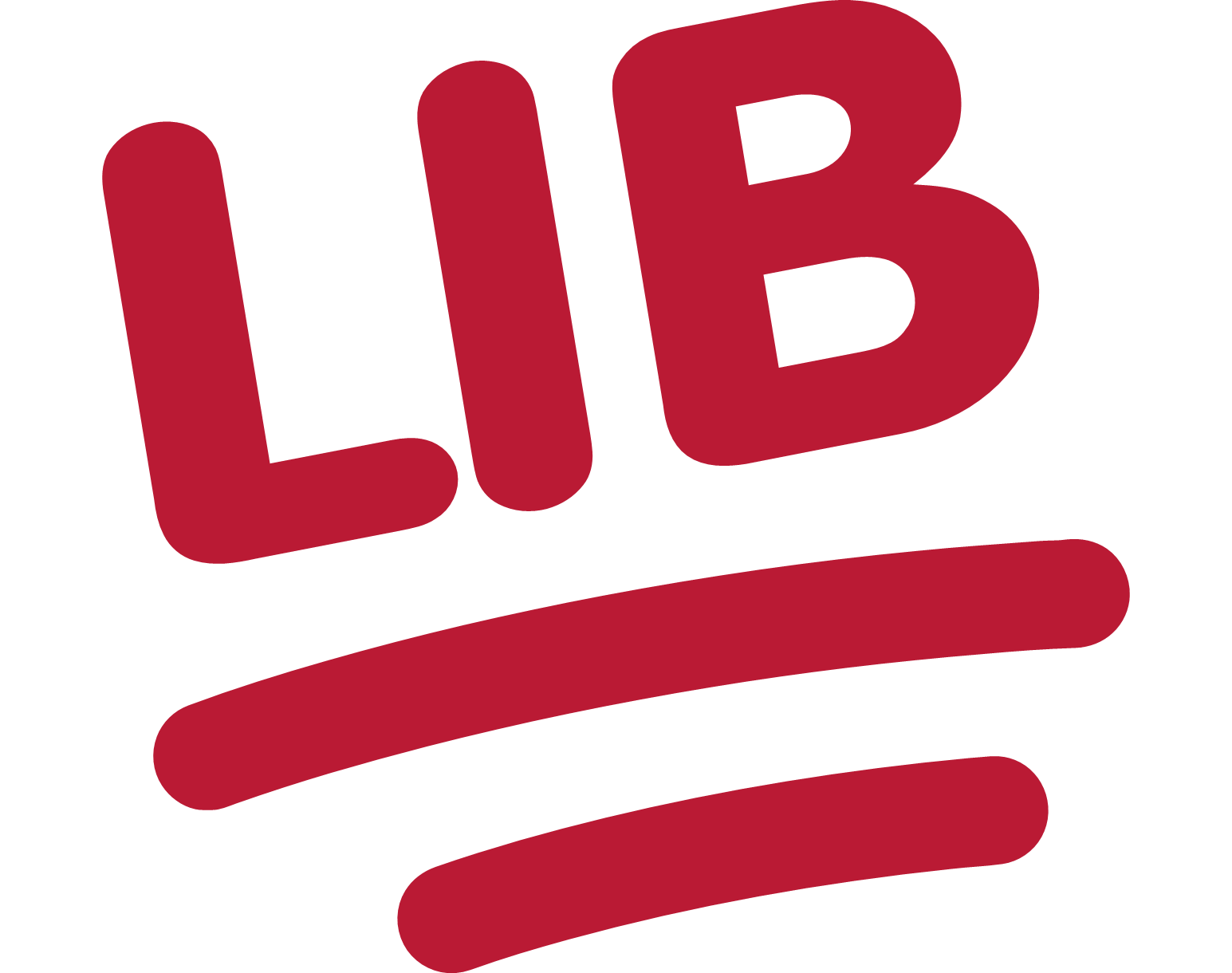I’m not skeptical per se. I’ve just been propagandized so fucking much—I grew up watching those propagandocumentaries on the National Geographic Channel about the DPRK, etc., fr that was what I watched instead of cartoons lol.
Pretend I’m a lib who you’re trying to convince, or something. In addition to calming this feeling in my gut like something isn’t making sense, I want to be able to make this argument, myself.
One of the most helpful things for understanding this, at least in my experience, is studying how fundamentally undemocratic liberal democracies are in any practical sense. Public policy doesn’t match public sentiment. Huge numbers of people are disenfranchised, effectively and literally. Political parties hold immense authority over who has a practical chance of holding any given elected office. Plenty of positions are appointed without democratic process. That’s to say nothing about the fact that private interests, which are not democratic, are in control of most of the economy.
Others can speak to the relative democratic nature of the Bad Countries, but I think that it’s helpful to do a closer analysis of whether the ostensibly legitimate democracies even really qualify as democratic in the first place when they don’t produce democratic results, in either legitimacy or practical outcomes.
Yeah I think this is critical. It gets you to a point where you can actually think seriously about other systems and what they actually do, rather than an instinctive comparison to bourgeois electoralism that we are accustomed to. There's plenty of room to question how open and responsive and democratic other states are, I think, but it has to be done from a position where you aren't just asking how closely they resemble Parliament or Congress or whatever.
When comparing, say, American democracy with Cuba, it's valuable to critically examine what one means by democracy, as Americans all grow up learning that it's fairly specific things that the US has and it glosses over other ways in which the US is not particularly democratic but other countries, including Cuba, are.
A simple example is: if something is popular and benefits the public, how likely is the state to create interventions and draw its policies from the public? When was the last time the US had a plebiscite for a major national policy change? Cuba had one to introduce its new family code just a year and a half ago and it's more or less the best one in the world. Last year in the US, a series of unelected oligarchs allowed the banning of abortion by individual states, with those that have highly racist voting policies leading the pack. When looking at states run by communist parties, it's actually fairly common to see substantial reforms and changes in response to popular demands and bottom-up organizing. This is almost never the case in the US, where every major protest movement fails and is often put down by the cops and very popular and practical policies go unimplemented because they aren't favorable to capital.
Speaking of capital, a lot of freedom boils down to economic exploitation and the extent to which it is capital, not the public, that dictates policy. The reason so many people in the US suffer without healthcare is due solely to the profit-seeking system that controls the country. There is no practical benefit to the private health insurance system, it's purely a drain on everyone except for the people that run and own the insurance companies themselves. It doesn't matter that nearly everyone hates the system, though, because (1) capital invests in a large volume of propaganda to spread a false understanding of the issue and (2) capital buys the politicians that could otherwise introduce serious policy changes. Capital is not democratic, it's oligarchical. Cuba has one of the most effective healthcare systems in the world and guarantees it up all of their people based on need and their ability to fund it (i.e. avoid blockade-induced crises). It's extremely popular and healthcare inequity was one of the first issues recognized by the communist government as limiting modernization and core freedoms (along with literacy and the overall economic base). These are not just good things, they are how needs of the public elicit important changes in policy.
Living under a capitalist system like in the US, 1/3 of your waking hours are controlled by a petty dictatorship known as your boss and the overall hierarchy of privately owned enterprise. If any of those petty lords up the command chain feel like it, you can lose your job and therefore your ability to have housing, food, warmth, healthcare. The reason doesn't even matter if they're half-intelligent, various policy protections usually only apply if the employer is stupid enough to telegraph their reasons. In places like Cuba, there is frequently direct workers' democracy in the workplace itself, with the same people who do the work also voting on how to run their enterprise and allocate resources. Want to have a cantina with a cook for all your meals so folks don't all have to bring in their own individual meals? If you convince your fellow workers, that can and will and does happen. It happens fairly frequently, in fact, even in a country so impoverished by US imperialism.
And don't forget about that imperialism! The capitalist system places these other countries under siege, actively limiting their capacity to develop and prompting defensive measures. Cuba developed its secret police in response to sabotage and terrorism funded and coordinated by the Americans that attempted to invade and then blockaded. If capitalist countries could let others be, you would see less of this "siege socialism" that requires various forms of monitoring and policing. Though to be clear, none of these communist-run states are anywhere near the level of policing and incarceration of the United States. It's a pure propaganda coup that Americans think state oppression is somehow worse in these other countries with vastly smaller percentages of people imprisoned and cops employed.
The DPRK and Cuba get special mention for being under siege, they literally don't have the luxury of complete openness or whatever because that's how you get the CIA creeping in and doing a Pinochet. Their revolutions have to be defended and the US is more than happy to demonize those defensive measures while neglecting to mention its own role in necessitating those measures.
because that's how you get the CIA creeping in and doing a Pinochet.
That's not really how the CIA did a Pinochet though
Could you clarify a bit on that, please? From my own reading Chile wasn't really all that different than any other country in The Jakarta Method and NephewAlphaBravo wasn't saying anything too specific? Or are you just speaking more to the US military's involvement against Cuba and DPRK?
I'd welcome it too tbh, that was just a probably-muddled explanation of my own realization that "of course the empire is going to paint all attempts to keep them out as authoritarianism, why wouldn't it?"
us freedom is the freedom to die penniless in the street with the little that you own. cuba is, as corgi points out, a great one to contrast that situation with, since we both a) can know quite a bit more about cuba than say the dprk because of proximity and language barriers being lower and b) seem to have less propagandized views of cuba in my experience than east asian states. cuba also has some of the best freedoms wrt access to basic necessities, especially healthcare.
Wed probably need to start by picking one country to focus on at a time.
Off the top of my head, Cuba has some top notch laws that enshrine rights for queer people, or at least laws surrounding that that put America to shame. That's a huge W worth pointing out to people.
this was reported on as the new "cuban family law" or something like that, and the absolute gigachads passed a fuckload of queer rights by referendum and against the objection of the shit-ass catholic bigots they tolerate for some reason.
Yeah that was really an incredible effort. When they are still convincing themselves that supreme court judicial fiat is actually a positive force in US politics, libs love to say how the supreme court gave civil rights, abortion rights, protection to interracial marriage, etc. before it was broadly popular with the population. The difference between that, and how celebrated it is/was, and the process by which the Cuban family code changes were enacted, is very telling of the difference between the US and Cuba.
In the US, unelected judges get to grant and take away what should be pretty fundamental rights, at will, because we are too cowardly to enshrine them, and this is celebrated as progressive, at least when it goes liberals' way.
In Cuba, there was an extensive process of consultation with the public, soliciting policy ideas and facilitating public discussion and education. It was, in effect, a process of consensus-building, for months and years leading up to the changes. Which is how they are able to strongly enshrine such rights legally, but also, a broadly supportive population is a much better guarantor of those rights than some unelected judges on a packed, politicized court.
a recent example, U.S. Government forcing the sale of TikTok because they are not happy about the content being posted there.
U.S. is 'free' so long as there are no threats (see Red Scare, McCarthyism). You can speak all you want, even 'subversive' shit but as long as its not significant to cause a revolution or something, they'll let it slide.
Try this, under 5 minutes. Michael Parenti on the Cuban Revolution. https://youtu.be/npkeecCErQc
I found a YouTube link in your comment. Here are links to the same video on alternative frontends that protect your privacy:
Did you know the US never ended the Korean War? It's still officially ongoing. Everything you've ever heard from Americans and their allies about North Korea is quite literally war propaganda. And it's not a cold war either since the US annually partners with South Korea to practice invading them.
It is a cold war, let's be real (and thank god it is). There were lots of exercises and demonstrations and "practice" during the cold war as well. But the rest of your point is 1000% correct.
It's the hottest cold war ever since North Korea doesn't know whether the invasion is fake or legit until the very last second. If a western country had to deal with anything similar, people wouldn't mince words in any case.
If a western country had to deal with anything similar, people wouldn't mince words in any case.
for sure.
I don't know that there's a simple answer for what you're looking for. We're talking about trying to undo a lifetime of propaganda.
For me, Blackshirts and Reds, Yellow Parenti, The Jakarta Method, Wretched of the Earth and then Blowback were probably the biggest de-
 . Plus, lot of books on US history to realize how much of what I'd known was more mythology than history.
. Plus, lot of books on US history to realize how much of what I'd known was more mythology than history.I don't know that there's a simple answer for what you're looking for. We're talking about trying to undo a lifetime of propaganda.
AES schoolhouse rock when?
the "democracies" of the "international community" consistently have government administrations with absolutely dismal approval ratings
AES countries are not utopias and are in some cases more reactionary on certain issues than socdem capitalist countries. These are real socialist projects and they are imperfect just like every other system. However, they are making strides towards socialism. Cuba has LGBT+ rights enshrined in the constitution, something the "democratic" U.S. could only dream of.
Oh yeah healthcare is lightyears better in these countries than the old imperial U.S. too.
Cuba’s lgbt rights are very impressive when the rest of the Caribbean and Central American left are behind on those issues. My country’s left wing is considered radical for allowing gays to get married and even that’s a polarizing issue among their members.
The education system is supposed to be better as well, I believe that's what the "liberal media" beat the shit out of Sanders for complimenting...
To be honest, I struggle to see how most countries aren't more democratic than the US. The two-party state ensures that the same very small clique of people, often even the very same bloodline, maintain dictatorial political power. The vast majority of voters don't have the option of voting for anything even remotely aligning with their desires, hence why most don't at all. Meanwhile the house and senate just play silly buggers with peoples' lives for the spectacle and illusion of doing anything, occasionally throwing the odd breadcrumb at most. It's closer to a monarchy than a republic.
Both Lenin and Marx noted these fundamental issues over a century ago, and especially in the US' and UK's cases, nothing has ever been done to address them. That doesn't sound like the barest minimum kind of a free democracy to me.
My usual answer is:
You can just go there. You know that you can do that, right? Just hop on a flight, go see China. It's a cool country. I highly recommend it!
And (if you aren't an American—gee, I wonder why that's illegal for you) you can take a weekend trip to Korea while you're there. Also an extremely normal place. The street food kicks ass.
Somebody needs to put that on that skeleton meme. YOU CAN JUST GO! HIT DA BRICKS! BYE, CAPITALISM!
You can go there, if you are privileged enough to be able to afford to travel, let alone international travel. Flights to Asia are incredibly expensive from the Americas.
Though tickets to Cuba from the US are pretty cheap, I'm planning on going later in the summer and it's only like $310 round trip.
Though tickets to Cuba from the US are pretty cheap, I'm planning on going later in the summer and it's only like $310 round trip.
Remember that you are there for "Support for the Cuban People"
Oh for sure. I'll definitely remember to tell the US government that.
I'm so glad I live in the land of the free where I can be told what I can and can't do outside my own country.
Not everyone can afford a flight around the world on a whim. What you can do is watch no-commentary videos of street life in these locations. It makes it easier to imagine these countries as just places, with people, just like here.
You can just go there. You know that you can do that, right? Just hop on a flight, go see China








you can get a job by walking in and giving the manager a firm handshake

In addition to what others have said, remember that the US (and its client-states such as Canada, Britain, France, Sweden, Japan, etc) which have 'democracy' and 'welfare' have these things because and so long as the global south is under their boot. The majority of intense class struggle, the actual "propertyless-except-for-their-labour-power" proletariat, the majority of environmental degredation and all the repressive measures needed to maintain "order" in spite of this naked exploitation have largely been exported to the neocolonies, where such rights and democracies are more obviously nonexistant or fraudulent.
And even in these states, in times of crisis the mask of democracy falls off immediately (e.g. responses to anti-ww1 protests, responses to anti-vietnam war protests in the 70s, responses to environmental protests in the 60s, or responses to indigenous land rights struggles basically all the time.) The freedom of speech is also only freedom from government persecution for free speech. It is not protection from private persecution for speech.
Note that e.g. Walmart, Amazon, Google, and other entities, despite being larger than some nations, are private, are autocracies run by a CEO appointed by money through its physical representatives, the shareholders. There is nothing to stop an employer from firing you from excercising 'free speech' to criticise their practices (if one is even lucky enough to live somewhere where the employer requires a reason to fire someone). As, on the average, all of these CEOs, shareholders, owners, etc share class interests, and the managers, supervisors, etc have delusions of sharing class interests, this works out to a fairly extensive network for suppression of dissent.
Much as the feudal king didn't have to raise the national levies for every uppity peasant, the bourgeois has no need to raise the national armies in response to every uppity citizen-worker. The feudal king would leave such small matters to local lords, priests, or voluntary action of middling landowners; the bourgeois leaves such small matters to the petite-bourgeois, managers, and the 'middle class' generally.
In general wrt 'convincing libs', in my context (imperial core, cannot speak for non-core folks' experiences) I focus more on showing them that our country is evil, that our system is evil than trying to show that e.g. China is good. The fact of the matter is that no matter how good China is, it falls short of the imaginary-utopian America/Canada/France/'The West' the average lib has in their head. No actual real state with flaws will ever measure up to their imaginary utopia; it needs to be shown to be false first.
check out luna oi!'s videos for how the government/elections in viet nam work.

















